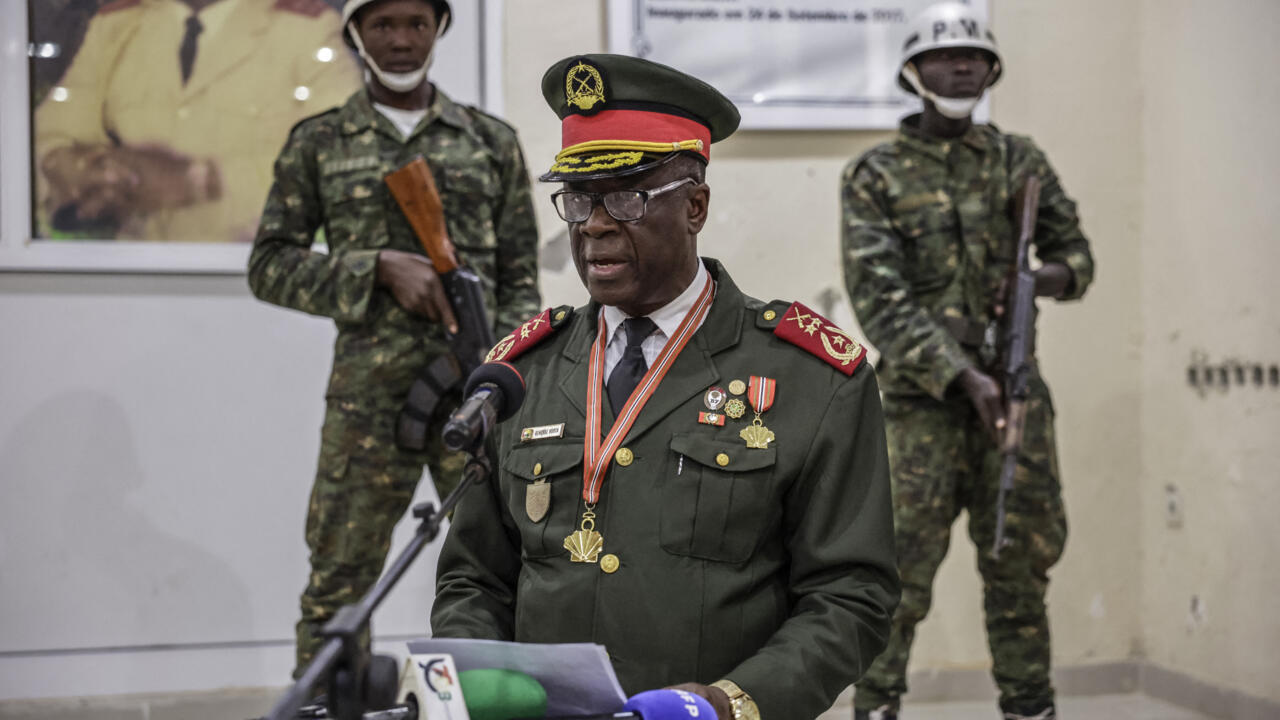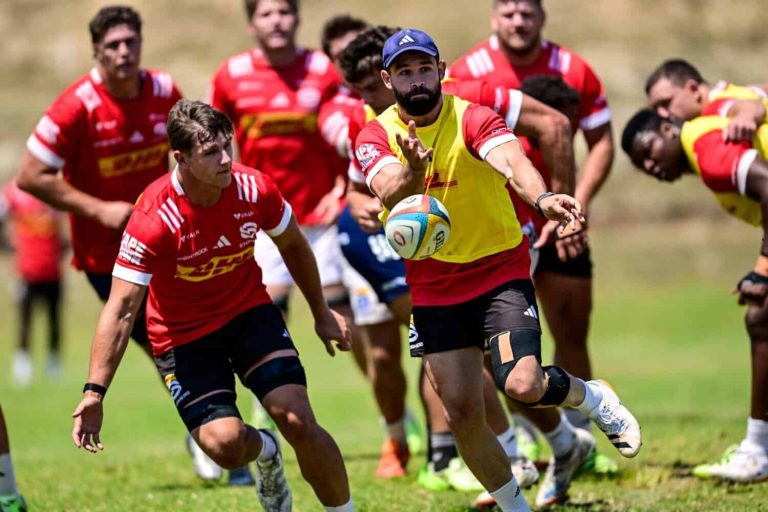
General Horta N’Tam has been sworn in as Guinea-Bissau’s new head of state, one day after a sudden military takeover plunged the country into fresh political turmoil. The army named him transitional president for a one-year period, administering the oath in a brief and muted ceremony at military headquarters on Thursday.
N’Tam, who previously served as head of the presidential guard, stood unsmiling as officers flanked him during his swearing-in, an image that underscored the tension surrounding the takeover.
Civil society groups in Guinea-Bissau have accused outgoing President Umaro Sissoco Embaló of orchestrating what they described as a “simulated coup” with assistance from the military. They argue that the move was designed to halt the release of the presidential election results expected on Thursday, in case Embaló lost. His main rival, Fernando Dias, has echoed the accusation. Embaló has not responded publicly.
Prior to the coup, the military had already suspended the electoral process and blocked the announcement of results from Sunday’s polls. Government sources told AFP that Embaló is currently being held by the army at its staff headquarters but is being “well-treated.”
The African Union (AU) condemned the developments, with AU Chair Mahmoud Ali Youssouf demanding the “immediate and unconditional release” of Embaló and other detained officials. He warned Guinea-Bissau’s leaders of the need to respect the electoral process and constitutional order.
Gunfire was heard in the capital, Bissau, on Wednesday as military officers declared they had seized control of the country. Appearing later on state television, the officers said they were acting to foil a plot involving unnamed politicians backed by a “well-known drug baron.” They closed the country’s borders and imposed a night-time curfew.
Both Embaló and Dias had claimed victory in the yet-to-be-released election results. Dias had the support of former Prime Minister Domingos Simões Pereira, who was disqualified from running. Government sources later said Dias, Pereira and Interior Minister Botché Candé had also been detained, along with army chief Gen Biague Na Ntan and his deputy Gen Mamadou Touré.
International observers expressed alarm. Leaders of the African Union and ECOWAS election missions issued a joint statement expressing “deep concern,” noting that the polls had been “orderly and peaceful” and that both leading candidates had earlier pledged to accept the results.
Portugal, Guinea-Bissau’s former colonial ruler, called for an immediate return to constitutional governance and urged all parties to avoid violence. By Thursday, as reported that the country’s borders had reopened.
The crisis marks the latest in a long history of instability for Guinea-Bissau, a nation with at least nine coups or attempted coups since independence in 1974. Embaló, 53, hoped to become the first president in three decades to win a second consecutive term after earlier signalling he would not seek re-election. His legitimacy had been widely questioned, with opposition figures arguing his term ended in February 2025.
Guinea-Bissau remains one of the world’s poorest nations, with a population of just over two million. Its scattered, lightly monitored coastline has made it a major trafficking hub for cocaine smuggled from Latin America to Europe earning it the UN’s long-standing description as a “narco-state.”
Erizia Rubyjeana



